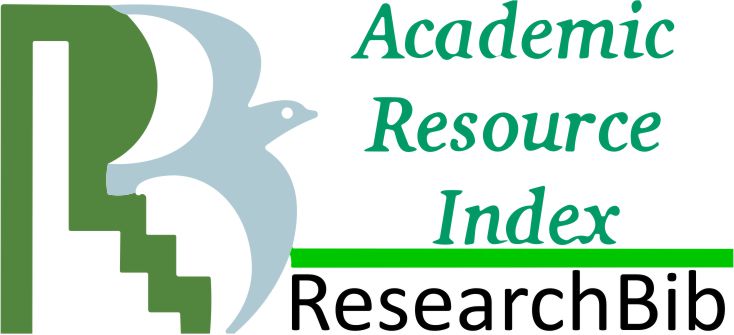DOI
10.21002/jaki.2004.10
Abstract
This study provides evidence on the role of accounting conservatism in debt contracting. I hypothesize that (i) there is positive association between conflicts of bondholders-shareholders over dividend policy and the use of conservative accounting (ii) there is positive association between bond ratings and the use of conservative accounting. Conflicts of bondholders-shareholders arise because of default risk in that the firm cannot pay at maturity because of having not enough net assets and this unavailability of enough net assets is caused by dividend overpayment to shareholders. The alternative solution to prevent dividend overpayment is to consistently use the conservative accounting. The conservative accounting affects earnings in that it leads to conservative earnings and reduces the possibility of earnings management by the firm. The second hypothesis which investigates the association between bonds rating and the level of conservatism based on theory that the lower the firm’s default risk, the higher the bonds rating. The firms with conservative accounting is expected to have lower default risk in that conservatism prevent dividend overpayment which cause the firm’s net asset is not enough to pay at maturity. The first model result supports the hypothesis that there is positive association between conflicts of bondholders-shareholders and the use of conservative accounting. For the second model, the result does not support the hypothesis that there is a positive association between the bonds rating and the use of conservative accounting. The association between conflicts and conservative accounting provides evidence on the role of accounting conservatism in facing conflicts over dividend policy.
Recommended Citation
Sari, Dahlia
(2004)
"HUBUNGAN ANTARA KONSERVATISME AKUNTANSI DENGAN KONFLIK BONDHOLDERS-SHAREHOLDERS SEPUTAR KEBIJAKAN DIVIDEN DAN PERINGKAT OBLIGASI,"
Jurnal Akuntansi dan Keuangan Indonesia: Vol. 1:
No.
2, Article 4.
DOI: 10.21002/jaki.2004.10
Available at:
https://scholarhub.ui.ac.id/jaki/vol1/iss2/4












